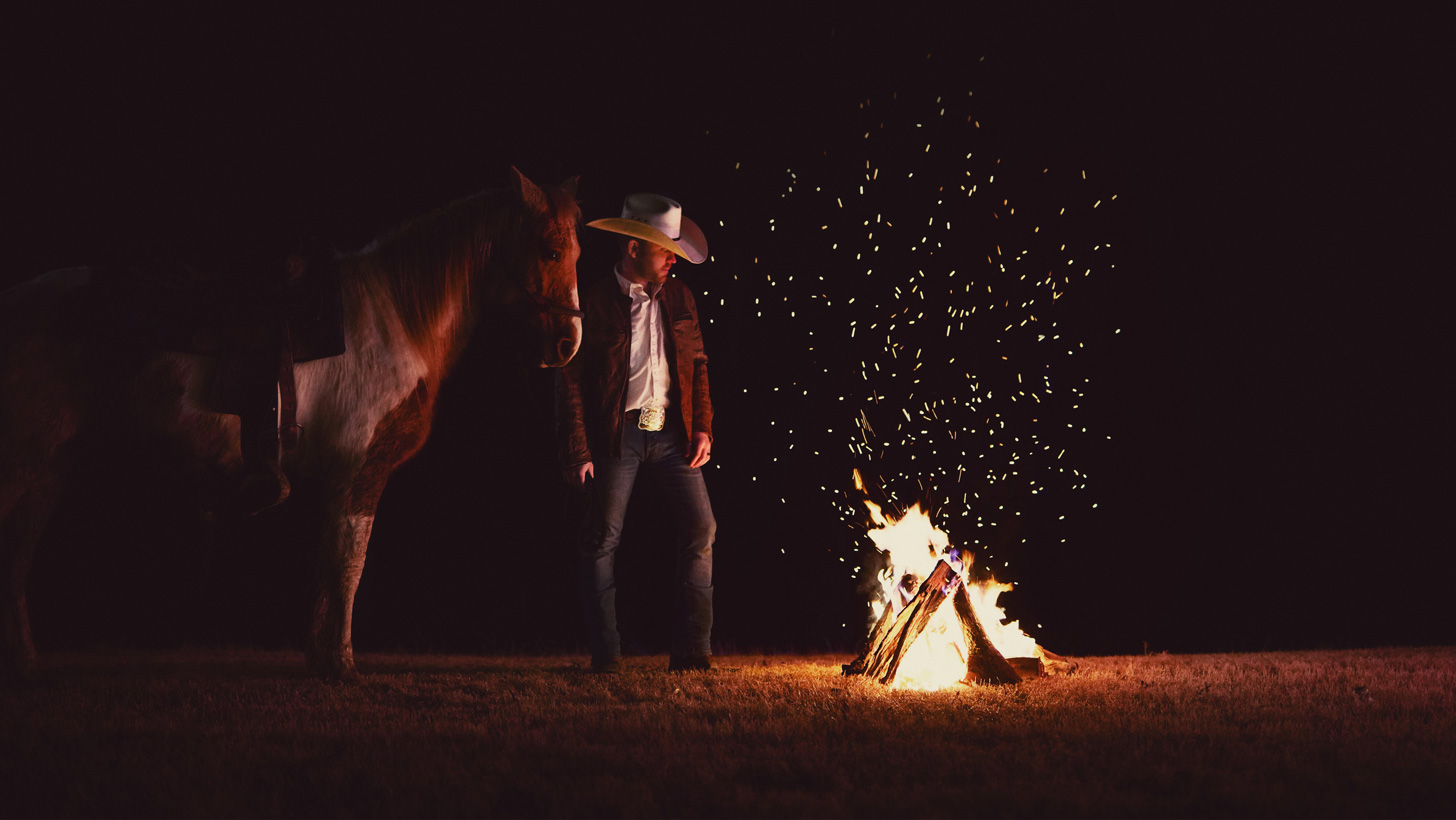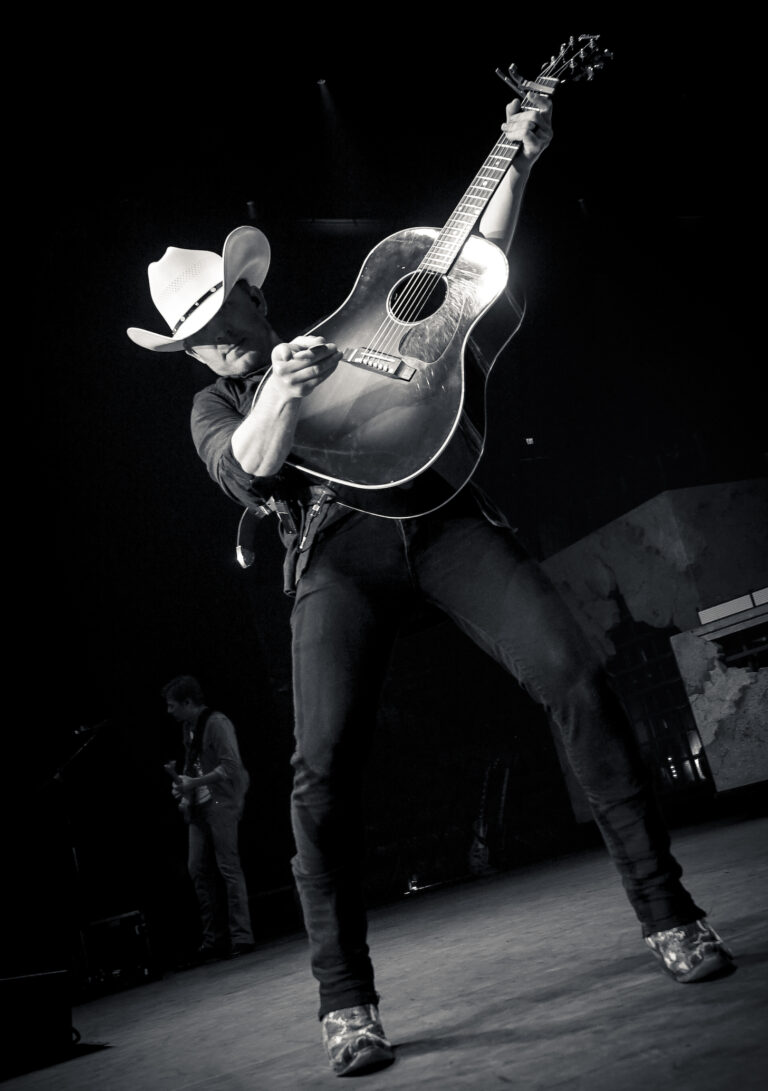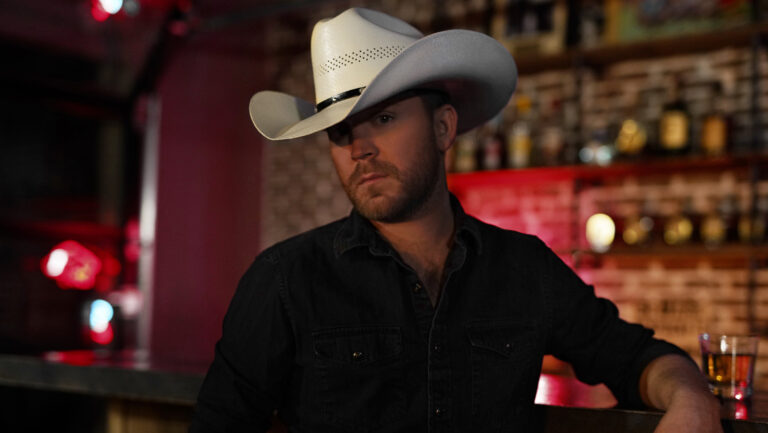Rock and roll is so easy. As Chuck Berry first reminded listeners back in the day, “It’s got a backbeat, you can’t lose it.” As long as you’re tuned into beats number two and four (within a four beat system), you got it, homie.Other forms of American popular music, though, require more complexity—and so more focus—from both players and listeners. Hip-hop requires a love of text, of poetry. Jazz, the ability to adapt to dissonance and other less than obvious sonic motives. Postmodern art music encourages both parties to abandon commonly held beliefs about melody, harmony and rhythm. And of course funk requires funk.But what about country music? That original form of Americana—a genre based as much on Appalachian folk tuneage as it is upon its Elizabethan counterpart—continues to be very popular in this part of world. It’s even seen an evolution of its own, morphing from the hillbilly music of the 1930s into an influential force on other genres like rock and roll while still growing and having a life of its own. Country music commands culture in places like Nashville and throughout our nation as well.In many ways, country is more popular than rock. While rock founders under the weight of related, but supplanting genres like hip-hop and EDM, country continues to roll along like a stream of cool and clear water that emanates deep in our heartland and gets joyfully distributed along all the shores, among all the shiny cities along on its wide-ranging course.You’ve heard the names and people like Merle Haggard, George Jones and Dwight Yoakam have a mythos associated with them that’s crept well beyond the country and into mainstream America. It’s been like that since before rock ruled and will probably be like that well after.Recent proponents of country music include Justin Moore, a guitarist who moved to Nashville in the early aughts to find his place along that long American musical river mentioned above. In the past 10 years, Moore has become rather adept at navigating that fast-flowing body of USA-made water. He’s garnered 10 Number One hits, two more Top Ten songs and his albums sell like hotcakes, here and in Nashville. He’s a real country superstar.With a husky voice that tells tales of everyday life in this big country, a for real cowboy hat complete with working man’s boots—not to mention guitar work that slays many a metal master and can blast listeners sky high with its muscular mastery—Moore is the epitome of country music in America, circa 2020.Weekly Alibi had a chance to sit down for a chat with Justin Moore. Besides being a country gentleman par excellance, our talk revealed many reasons why country music—and Moore in particular—is so relatable to fans looking for music that they can carry around in their hearts as they travel down their own river looking for clarity among the ripples.Weekly Alibi: Hello?Justin Moore: Hey, it’s Justin Moore!Hey Justin, how you doing, mang?I’m doing well, man.It’s an honor to talk to you. Do you have a few minutes? I gotta tell you up front that mostly I’ve covered rocanrol and jazz. I dig country, but I don’t know a lot about it. I’m going to ask you to walk me through all of this.Well, we’ve been doing this, golly, for about 12 years. We’ve certainly been blessed with vast support from the industry, radio and our excellent fans. It’s been a fun ride, man.You’ve had a heap of Number One records in that 12 years, won awards and become a country legend. Where did all of that success come from?Yeah, man, we just put out our fifth album, it’s called Late Nights and Longnecks. We put that out in July, I believe. The first single from that record is called “The Ones That Didn’t Make It Back Home.”That’s a song that honors our military folks?That’s right, but not only our military servicemen and servicewomen, but also police officers, firefighters and all of the people who serve our communities and put their lives on the line to do so. I’m really thrilled about that song doing as well as it did for us. We just put a brand-new song out this week, for radio airplay, called “Why We Drink.” It’s a fun, up-tempo, kind of party anthem type song.I’ve been listening to your music this week and notice that you have that sort of traditional take on country life and partying. That sorta puts you in the rocking outlaw category, I think. Is that attitude an intrinsic part of your style?Yeah, you know with this album in particular, it was a return to my roots, if you will, from a musical standpoint. We’ve always been based in more traditional sounding country music because that’s what I grew up on and that’s what I love—and honestly what I do best. That being said, if you’ve done it as long as we have, we’ve certainly pushed the envelope and tried to do some different things. The album before this one [for example], I did the songs a little differently. It was commercially successful, but outside the box for me. I really wanted to make a concerted effort to go back in, make this album and have it be as traditional as could possibly be. I think the band picked up on that vibe. Because of that, it was a lot of fun to make this album. I’m glad it’s been received wellGoing back to consider the traditional country sound, what sorts of influences were important to you, still resonate with you on this new record and moving forward?From an artist’s perspective, the guys I really looked up to, consider to be stylists, if you will—they’d come on the radio and you knew exactly who they were, nobody else is ever going to sound like them—are folks like John Anderson and Dwight Yoakam—Yoakam’s my favorite of all time. You know, guys who really stood out to me. I enjoyed the same laundry list as everyone else, you know, Haggard, Waylon and Willie, Hank and Hank Jr. But I really specifically liked a lot of those I guys I mentioned before [in interviews]. They were so unique.Listening to your guitar playing, I note sort of a rocking style, a sort of West Texas meets Jacksonville kind of groove going on. Where does that come from? It seems so effortlessly part of the country aspects of what you’re doing.Oh, thanks. Honestly man, it came from my love of—outside of country music the only thing I listen to is Southern rock—Skynyrd, Marshall Tucker Band, Allman Brothers, all those great bands from that era, I really love them. You know, they were more traditionally guitar-heavy. My favorite band of all time is Lynyrd Skynyrd; they use multiple guitars, they always had two, if not three, guitars.They have that three-guitar army on patrol.Exactly. It’s not completely unique to our [band’s] music. There have been a few other guys that do that kind of stuff and make an effort to blend country with hard rock The first guy that ever did that was Charlie Daniels, he married the two together. Next was Travis Tritt, he did it really, really well. Moving forward, Jeffrey Montgomery did that kind of stuff. I just always enjoyed that sound. I love music and those two sounds are actually really similar.I think that’s what finally turned me on to country; I’d been listening to Southern rock and one thing led to another for me.I still think if those songs came out today, if those bands came out now, they would be on country radio instead of rock radio.I tend to agree, but that brings up a real interesting question I have about country versus rock. I’ve noticed over the years that, in general, country players tend to be more musically literate than rockers. Discuss.Wow. I don’t know if I’ve ever thought about that, quite honestly. Certainly there are talented folks in both worlds, but I can only speak for country musicians.Well, you all can certainly play.Yeah, well it’s probably Nashville in particular. The studio musicians in Nashville are just incredible. I mean, man, they really are world class. I think some of that could be that a lot of guys who play on records in Nashville, that’s pretty much all they do. They don’t go out on the road, whereas a lot of rock bands are always out on the road [and responsible for studio work too]. A lot of times in Nashville, in country music, it’s all studio musicians, it’s not you and your band [making a record]. I’ve had my band on some of my records, but not all of it. Maybe that difference has something to do with skill.That’s an interesting theory. Time in the studio really makes a difference, builds up the chops. The Beatles knew that.Exactly.Why do you think country music is still such a potent force in American culture? One hears about rock music fading away or dying, but country keeps on keeping on. Why?You have to point to the passion of the fan base. There’s this super passionate response to country music. I would argue that country music is more popular than it has ever been right now.I would tend to agree. It’s wildly popular with audiences, especially out here in the Southwest. All the big acts that come through seem to be hip-hop or country.Yeah, and I’ll tell you that I’ve always been of the opinion that the songwriting in country music is just superior. I don’t want to say it’s the best that there is, but it relates to people. It speaks to people and folks really connect with country music songs—like the one that we just put out to honor our military and first responders. People will come up to me and say they lost their daughter or their dad; they’ll share their stories with me. That’s a lot of it, too, the connection that these fans have with the songs. It could be that type of song, or a song about a hometown, these are relatable themes.Where do your ideas for songs come from?They come from everyday life. My wife and I have been married 12 years. We have four little kids. I go through the same things daily that other parents do. I just happen to have a cool job. I get to write about my life. I’ve learned that if it’s real to me, if it means something to me, then it will probably do the same for a lot of other people.What’s next for Justin Moore? You’re at the top of your game, churning out hit records, playing to big crowds and generally standing out as a literate, considerate songwriter.Man, that’s kind of you to say. We’re getting ready to wrap up the year, we have eight or 10 shows left. Then we take a two or three month break to enjoy the holiday and be home to recharge our batteries. In late January, we start back up, we’re going to be touring with a guy I’ve always been a huge fan of, Tracy Lawrence. It’ll be a lot of fun. I’ve looked up to him for some time. To have the opportunity to tour with him will be quite an honor.For that rare American who has yet to grok country music, why should they come out to your show here in Albuquerque?We try to make it clear that we’re having a good time up on stage. That sort of thing becomes infectious. If concertgoers can tell we’re having fun, that leads to them having a great time. We have a high energy show. Talking more about my inspirations in music, it’s more on the Southern rock side of things. We have a lot of hit records, people like to sing along to those, too. That’s something we’ve been blessed with and absolutely contributes to the awesome feeling.What else?We can make you forget about the things you want to forget about—at least for a couple of hours. I sure am looking forward to getting out that direction, so we can all get started on that.
Justin Moorewith Cassadee Pope, Tylor Brandon and Neon West2019 Music Fiesta at Balloon FiestaBalloon Fiesta Park • Saturday, Oct. 1212pm to 6pm • $10 to $70Tickets: balloonfiesta.com











